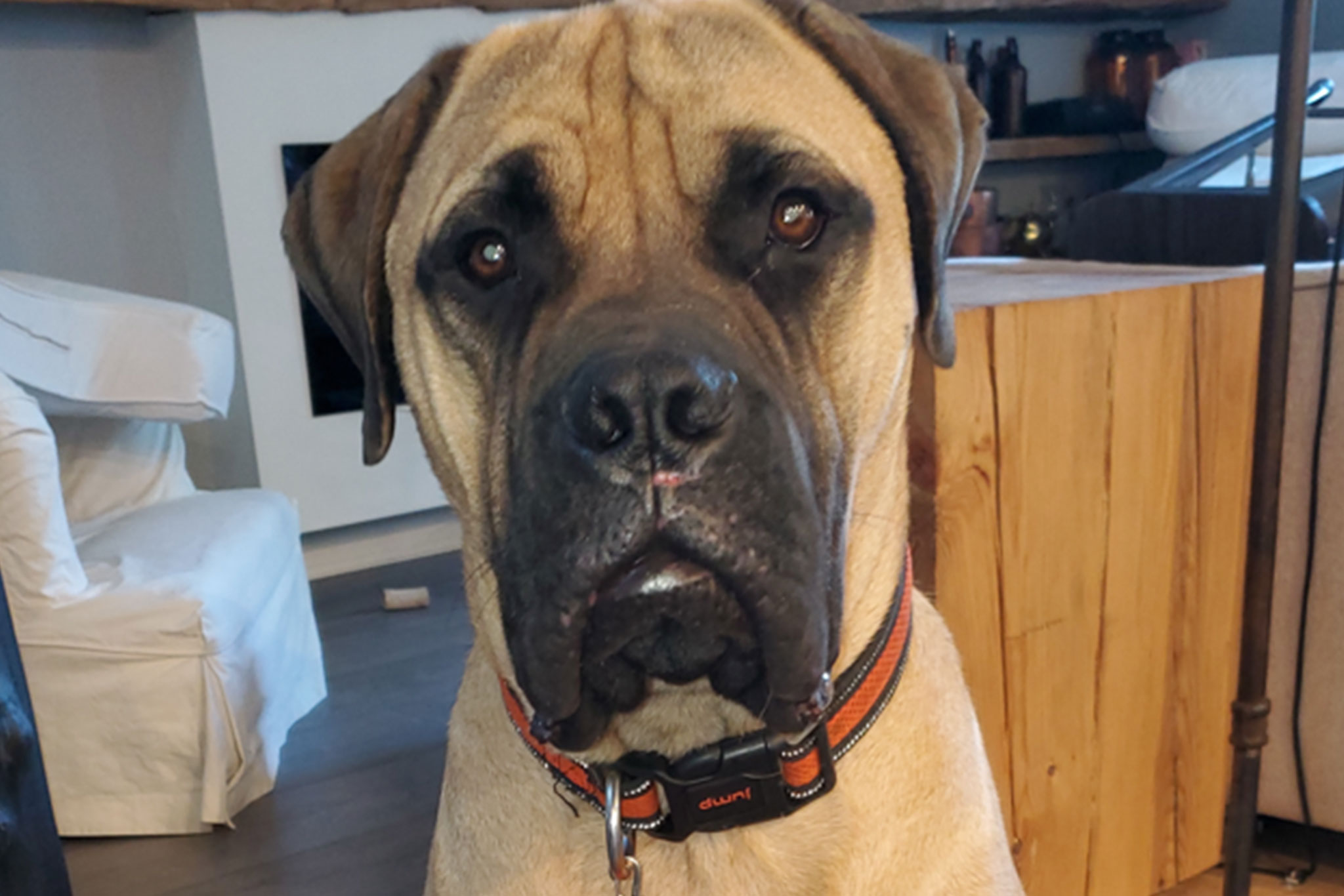Misha is a 4-week-old stray male kitten who was found alone. His rescuer couldn’t get him to latch onto a bottle, but he thankfully ate a small amount of kitten food and formula. Misha had diarrhea twice overnight and vomited the next morning. On his veterinarian’s physical exam, Misha was thin and had discharge from both eyes. He was dewormed and prescribed an antibiotic eye ointment.
Case Details
Three weeks later, Misha came back to see his vet care team. He had severe diarrhea and ongoing nasal congestion. On physical exam, Misha was thin with poor muscle development. His abdomen was moderately distended, his intestines felt thick and ropey, and he had fecal scalding on his bottom. He also had significant nose and eye discharge and congestion.
Diagnostic Testing
Misha’s vet care team performed an in-clinic fecal flotation test to look for parasites as a cause of his diarrhea and thin body condition, but it did not identify any parasites or their eggs. At this time, his vet’s clinical concerns included suspected parasites, dysbiosis, or another intestinal disease, as well as an ongoing upper respiratory tract infection. As a next step, a fecal sample from Misha was submitted to the Antech reference lab for KeyScreen® GI Parasite PCR testing, as his vet had just learned about this test being available. His vet also began deworming treatment, probiotics, and an antibiotic for Misha’s respiratory infection.
Diagnosis: Giardia Duodenalis
Misha’s KeyScreen test results came back the very next day, and they detected a parasite called Giardia duodenalis. Additionally, the PCR results detected that this strain (assemblage) of Giardia was potentially zoonotic and might cause illness in humans if infected. Misha’s vet care team contacted Antech’s Consulting Services to speak with a board-certified internal medicine specialist for guidance on an appropriate treatment plan for Misha and risk communication needs for Misha’s human family regarding the zoonotic potential of Giardia.
Treatment and Management Plans
Due to Misha’s clinical signs, a medical treatment plan was recommended that included a drug effective for Giardia and a conversation around retesting to ensure his Giardia was checked, especially if his clinical signs didn’t improve. A management plan was also discussed to help keep his 2-legged family safe by increasing their risk awareness and advising them to take care when handling his feces (practicing good fecal and hand hygiene) and to pick up his poop and remove it safely to avoid further environmental contamination. The plan also included asking Misha’s owners about any risk factors that increased their susceptibility to infection (e.g., household members who are under the age of 5 and/or immunocompromised).
Recheck Appointment
Happily, at his next recheck appointment, Misha appeared clinically healthy. His owners reported that his diarrhea had resolved quickly and that he was eating well with no more nasal or eye congestion or discharge. Misha’s owners were grateful to his vet team for their care and appreciated that this care had been extended to their family, as well.
Get deeper insights, faster detection of infection, and tailored treatment plans.
This is superior, evolving detection.





